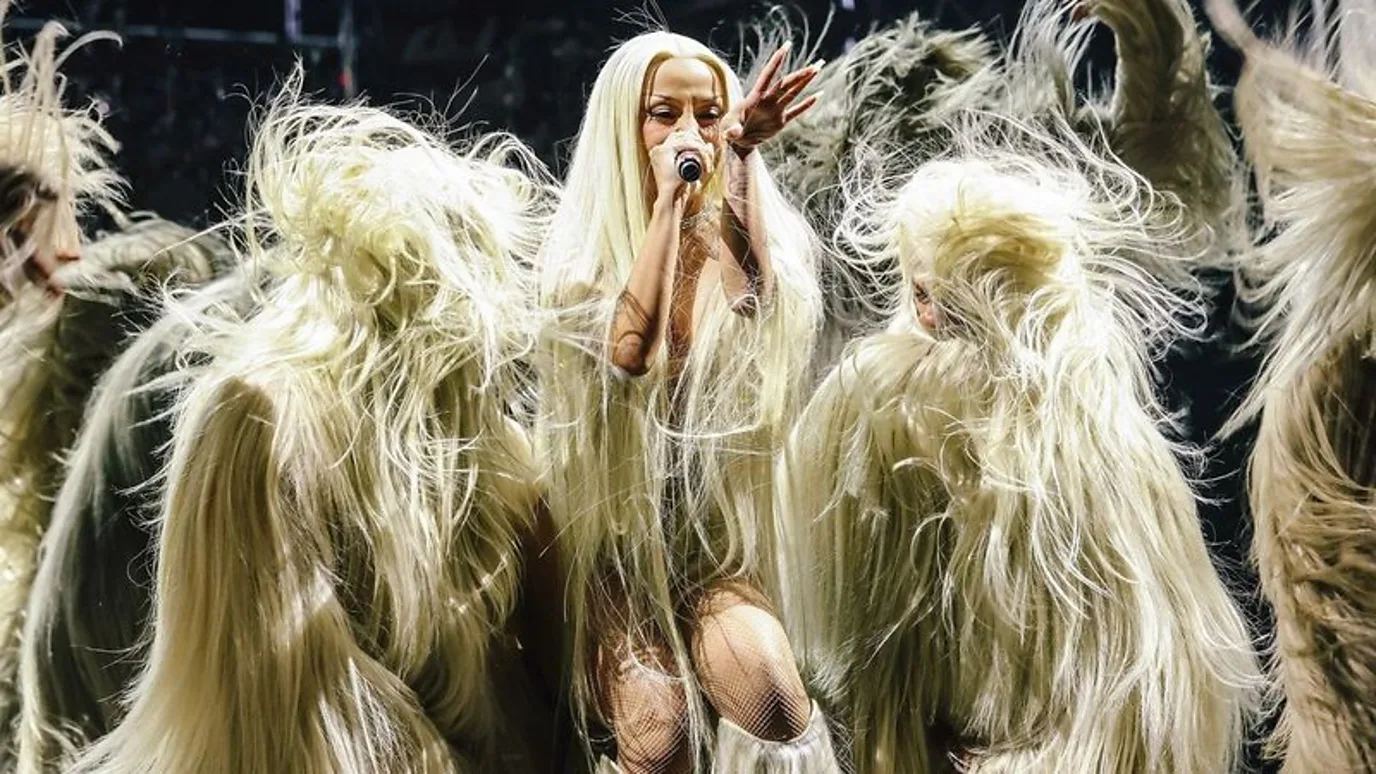Generation Black TV - Live
Coachella 2024: Assessing the Future of America’s Premier Music Festival
Coachella Valley Music and Arts Festival, held annually at the Empire Polo Club in Indio, California, is more than just a music event; it’s a cultural phenomenon known globally for its blend of music, fashion, and celebrity presence. As the festival wrapped up its first weekend of 2024, it faced several challenges that have sparked conversations about its future.
The festival, which has long been a barometer for pop culture and musical trends in the United States, experienced sound issues and lukewarm crowd responses during its performances, including those by Sabrina Carpenter, The Japanese House, and Lana Del Rey. Technical difficulties plagued Grimes’s DJ set, and the iconic band Blur faced an unexpectedly indifferent audience, with frontman Damon Albarn remarking on the crowd’s lackluster energy. This has led to discussions regarding the overall engagement and satisfaction of festival-goers, contrasting sharply with the high expectations usually associated with Coachella.

Despite these hurdles, Coachella remains a key player in the music festival circuit. Hugh McIntyre, a music journalist for Forbes, described Coachella as “the most important music festival in the US and maybe the world,” highlighting its significant influence on pop culture and consumer behavior. The festival’s brand partnerships, including with major companies like BMW, Coca-Cola, and YouTube, underscore its immense pull and commercial appeal.
However, this year’s festival did not sell out, with only 80% of the available 250,000 tickets purchased before the event began, reflecting a 14%-17% decrease from the previous year. The reasons for this decline are multifaceted. High ticket prices, which remain steady at $499 for a three-day pass, plus additional costs for accommodation and travel, pose financial barriers for many potential attendees. Yet, even with these obstacles, Coachella continues to be the highest-grossing annual festival in North America, according to Billboard.
The challenges Coachella faces are symptomatic of broader trends affecting the music festival industry. The slow decentralization of music, facilitated by streaming services, has diluted the gatekeeping power of traditional industry players like radio stations and record labels. This shift makes it increasingly difficult for festivals to book universally appealing headliners that guarantee sell-out crowds. This year’s lineup, featuring Lana Del Rey, Tyler, the Creator, and Doja Cat, while impressive, perhaps didn’t capture the public’s imagination to the extent that past performers like Beyoncé or Lady Gaga have.
Looking forward, Coachella might be entering a transformational period, reflecting broader generational shifts in its audience. Performances that resonate more with younger, dance-focused audiences, like those by Peggy Gou and Justice this year, may define the future direction of the festival. This pivot could rejuvenate the festival’s appeal, ensuring it remains relevant in a rapidly changing cultural landscape.
Moreover, Coachella’s image has been challenged by its perceived commercialism and the “need to be seen” atmosphere, which some argue detracts from the musical experience itself. This perception positions Coachella differently compared to more countercultural festivals like Glastonbury or Burning Man and could influence future attendance and artist bookings.
In conclusion, while Coachella 2024 faced significant hurdles, the festival’s ability to adapt to the evolving tastes and expectations of its audience will be crucial in maintaining its status as a leading global music event. As it continues to navigate the complexities of the modern music industry and shifting cultural trends, Coachella’s resilience and willingness to innovate will likely determine its trajectory in the years to come.


